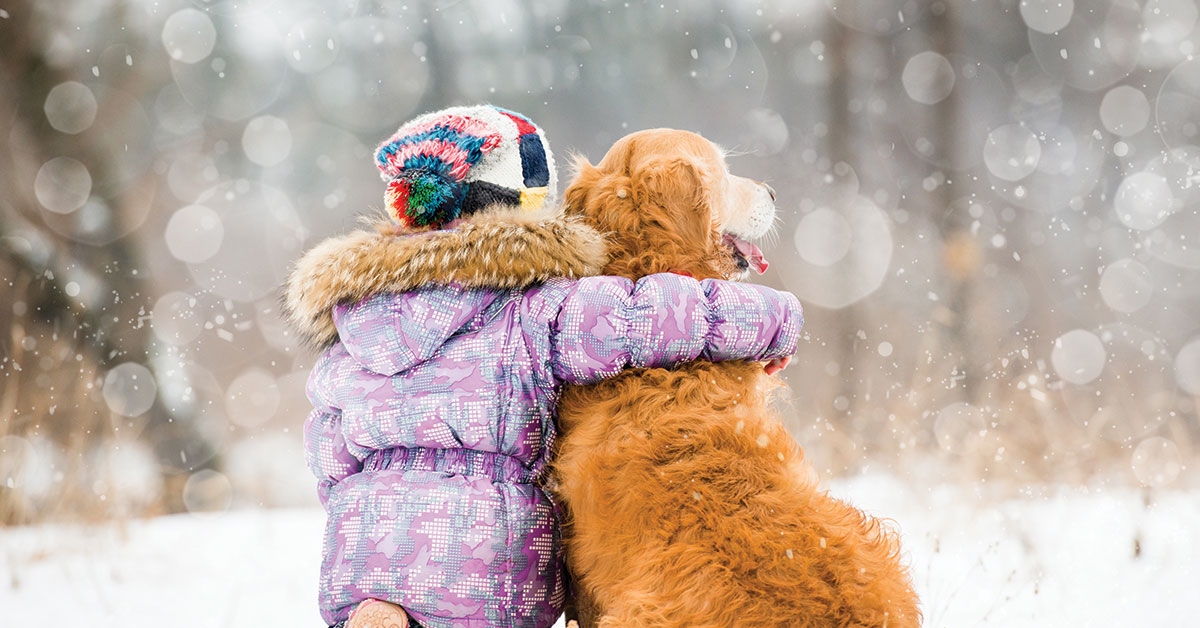As the temperature drops in the Carolinas, it’s important to make sure you’re doing everything you can to protect your pet. More pets present to the vet ER for GI upset than any other illness. UrgentVet is uniquely qualified to manage the vast majority of these cases without expensive hospitalization. Our expert staff, comprehensive in-house laboratory, and digital x-ray determines the best course of treatment for each individual pet in less than an hour.
Why is this extra important when it gets cold? A small amount of antifreeze can be deadly if your pup licks up the sweet-tasting chemical, and products used to melt ice on sidewalks and driveways can be dangerous, too. Always use pet-safe ice melts, and be sure to wipe your dog’s paws off after she comes inside. Remember to watch their surroundings while they’re outside.
You can also make sure they’re warm and comfortable at home, and be sure not to leave them outside too long! When the snow and ice pile up outside, booties can make all the difference. Think you’ve been outside too long with your pet? Watch for signs of frostbite, including:
- Pale, gray, or blue skin (early)
- Red, puffy skin (after frostbite has progressed)
- Pain in the ears, paws, or tail when touched
- Skin that stays cold
- Shriveled skin
And, a pet suffering from hypothermia may exhibit:
- Violent shivering
- Lethargy
- Muscle stiffness
- Difficulty breathing
- Rectal temperature below 98° F
Once hypothermia advances, coma and cardiac arrest are possible.
If your pet does suffer from an injury or illness due to cold, we’ll be here to help. Do not hesitate to contact us for help.

